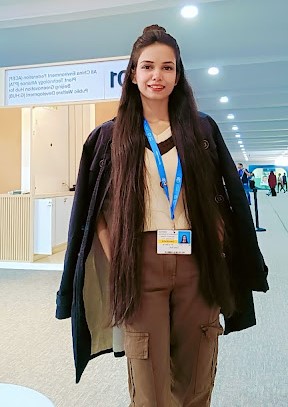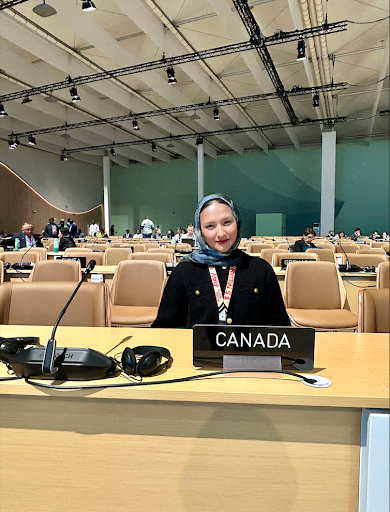by Tuba Rafi, FAWCO Gender Just Climate Solutions (GJCS) Program Representative
 Attending COP29 as a FAWCO representative was an incredible milestone in my journey as a climate advocate. It was my first-ever Conference of the Parties (COP), and though I was only there for three days, those days were packed with impactful events, learning moments and encounters that will stay with...
Attending COP29 as a FAWCO representative was an incredible milestone in my journey as a climate advocate. It was my first-ever Conference of the Parties (COP), and though I was only there for three days, those days were packed with impactful events, learning moments and encounters that will stay with...





